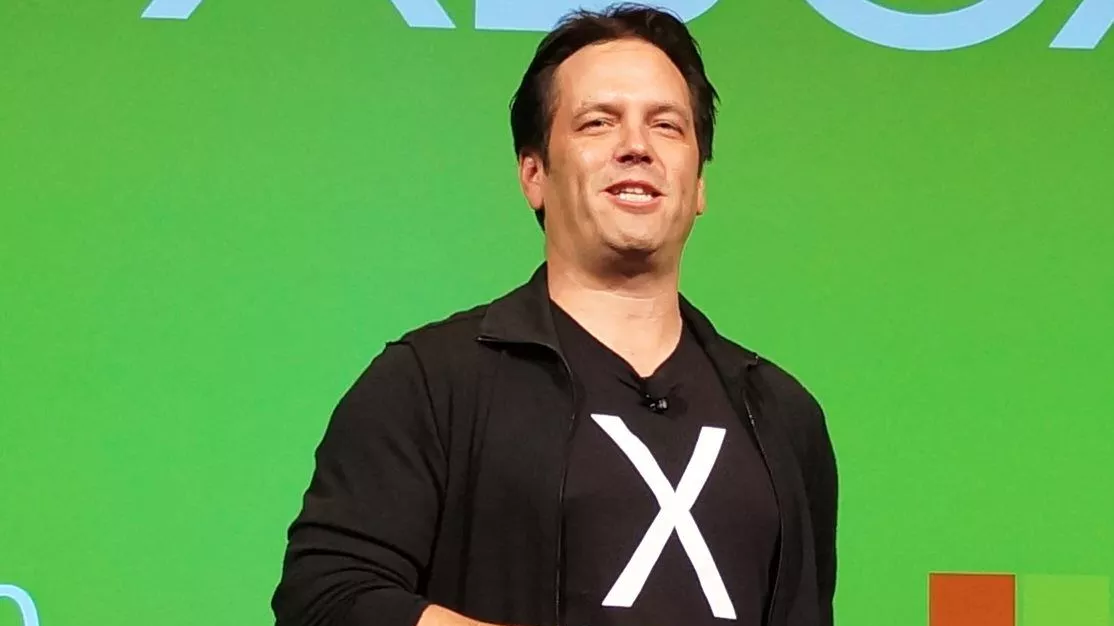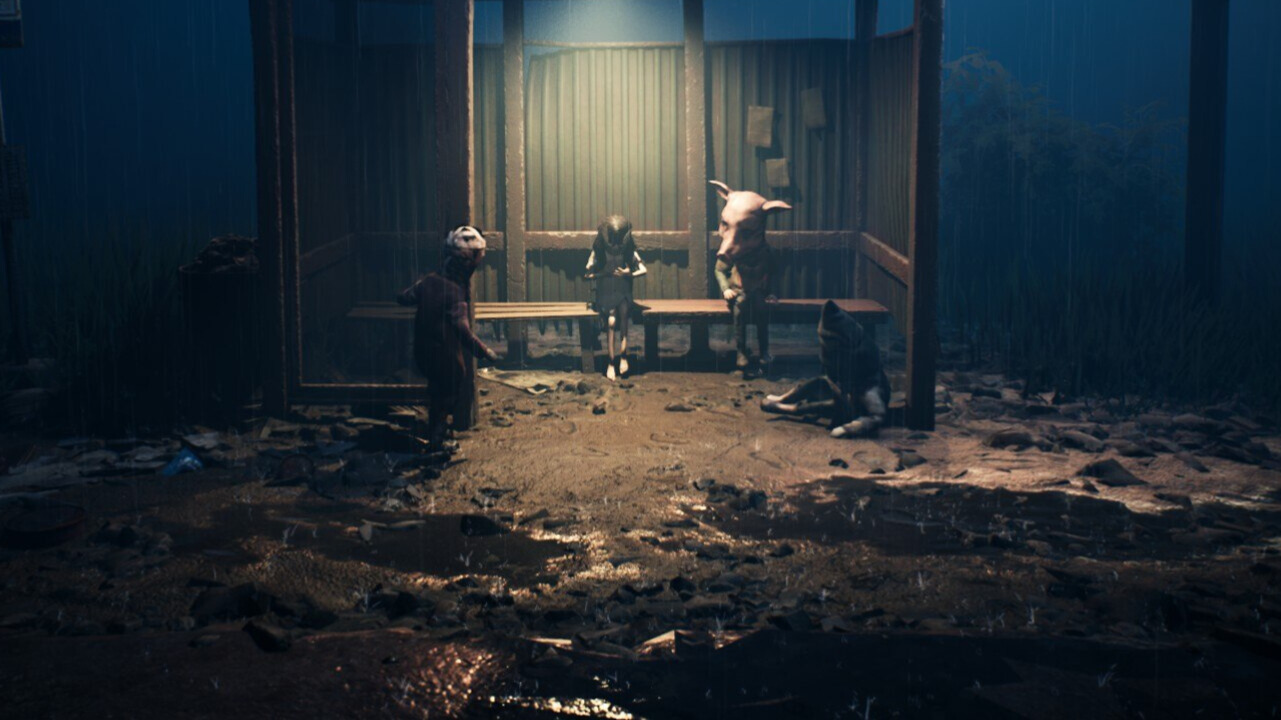It's not over—reports warn of more cuts on the horizon at Microsoft, citing a company structure spread too thin
Brace. Brace.

Keep up to date with the most important stories and the best deals, as picked by the PC Gamer team.
You are now subscribed
Your newsletter sign-up was successful
Want to add more newsletters?

Every Friday
GamesRadar+
Your weekly update on everything you could ever want to know about the games you already love, games we know you're going to love in the near future, and tales from the communities that surround them.

Every Thursday
GTA 6 O'clock
Our special GTA 6 newsletter, with breaking news, insider info, and rumor analysis from the award-winning GTA 6 O'clock experts.

Every Friday
Knowledge
From the creators of Edge: A weekly videogame industry newsletter with analysis from expert writers, guidance from professionals, and insight into what's on the horizon.

Every Thursday
The Setup
Hardware nerds unite, sign up to our free tech newsletter for a weekly digest of the hottest new tech, the latest gadgets on the test bench, and much more.

Every Wednesday
Switch 2 Spotlight
Sign up to our new Switch 2 newsletter, where we bring you the latest talking points on Nintendo's new console each week, bring you up to date on the news, and recommend what games to play.

Every Saturday
The Watchlist
Subscribe for a weekly digest of the movie and TV news that matters, direct to your inbox. From first-look trailers, interviews, reviews and explainers, we've got you covered.

Once a month
SFX
Get sneak previews, exclusive competitions and details of special events each month!
"History doesn't repeat itself, but it often rhymes." That's an idiom I've got rattling in my head while the games industry stares down the barrel of further cuts at Microsoft's gaming division, which is presently citing eerily familiar reasons for its alarmingly-rapid contraction.
Last year saw The Embracer Group (a company with a similar appetite for acquiring game studios) stumble out of a flubbed $2 billion deal, stagger around for a while shedding studios and laying off staff, then finally drop—splitting into three pieces when it hit the ground—almost a full year later. Widespread criticism followed from players and developers at large, with plenty of jabs fired across the aisle, both subtle and blunt.
Now, with Microsoft's shock closure of studios including Arkane Austin and Tango Gameworks, we're solidly into 'time is a flat circle' territory. This isn't even the first tolling of the bell—in January, a rash of layoffs shocked over 1,900 Blizzard and Xbox employees, prompting the cancellation of Blizzard's no-longer-upcoming survival game.
Regrettably, it still isn't over. As reported by Bloomberg, "Xbox began offering voluntary severance agreements to producers, quality assurance testers and other staff at ZeniMax" this week—while "others across the Xbox organisation have been told that more cuts are on the way."
According to the report, Xbox's president Matt Booty talked about how thin-spread the company was, like "peanut butter on bread", adding that understaffing was a concern across multiple studios. Similarly, Bloomberg states that ZeniMax Studios' Jill Braff added: "It’s hard to support nine studios all across the world with a lean central team with an ever-growing plate of things to do … I think we were about to topple over."
The layoffs predominantly hitting Blizzard earlier this year, as tragic and as frustrating as they were, do feel like a case of grim cause and effect in hindsight. Any large-scale acquisition will come with restructuring, especially when $68.7 billion dollars was spent to make it happen.
Yet looking at the latest wave of studio closures, as well as the prospect of likely having to come up with yet another headline about layoffs and cuts next week, I can't help but think about that number—$68.7 billion, an amount of money no human mind is even capable of visualising properly.
Keep up to date with the most important stories and the best deals, as picked by the PC Gamer team.
I also think about Embracer, I feel like I'm watching the same car-crash happen all over again in slow motion—fingers crossed that somebody might have worn their seatbelt this time. Did Microsoft, like The Embracer Group, bite off more than it could chew when it dropped $68.7 billion on Blizzard—with all of its other freshly-acquired "Team Xbox" studios paying the price?
Here's hoping that Microsoft's Xbox division gets back on its feet. Not for the interests of the company itself, or the shareholders, but for the many studios and developers under its umbrella wondering presently how many axes need to fall before someone, somewhere, can look at a spreadsheet and say 'you can stop holding your breath until next time'.

Harvey's history with games started when he first begged his parents for a World of Warcraft subscription aged 12, though he's since been cursed with Final Fantasy 14-brain and a huge crush on G'raha Tia. He made his start as a freelancer, writing for websites like Techradar, The Escapist, Dicebreaker, The Gamer, Into the Spine—and of course, PC Gamer. He'll sink his teeth into anything that looks interesting, though he has a soft spot for RPGs, soulslikes, roguelikes, deckbuilders, MMOs, and weird indie titles. He also plays a shelf load of TTRPGs in his offline time. Don't ask him what his favourite system is, he has too many.

